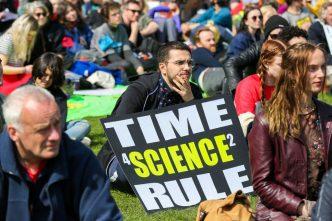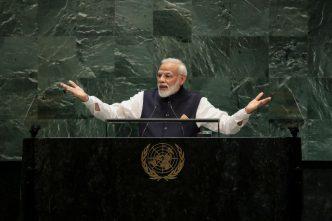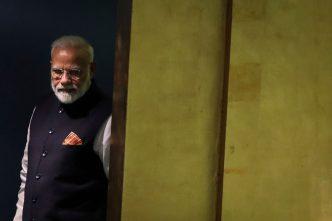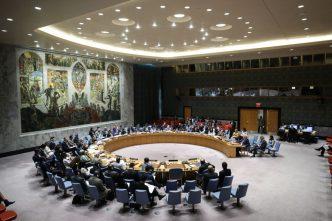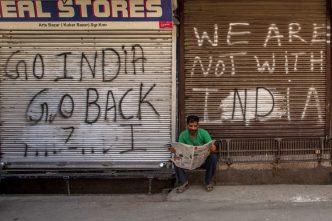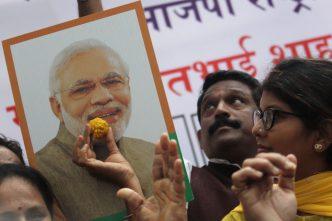Herewith a preliminary assessment of losers and winners from the global pandemic. The list is subject to change without notice. Losers The United States may turn out to be the biggest loser of all. Washington’s …
In my previous post, I noted that there seemed to be no appreciable difference in fatality rates for US states that instituted lockdowns early or late, or among European countries whose social-distancing and lockdown measures …
In an open letter to Prime Minister Scott Morrison on 19 April, more than 200 economists rejected commentators’ calls for a rapid return to work and labelled the notion of a ‘trade-off’ between public health …
Black swan events produce big but unforeseen consequences. Was Australia’s Prime Minister Scott Morrison right, even prescient, in his speech at the Lowy Institute on 3 October 2019? It’s hard to think of a better example …
In four days of madness from 23 to 26 February, rioters ran unchecked and destroyed entire neighbourhoods of northeast Delhi in the deadliest outbreak of violence since the anti-Sikh pogrom of 1984. By 6 March, …
Among the big changes in the global strategic landscape since the Nuclear Non-Proliferation Treaty came into force in 1970 is the expansion of the nuclear club from five to nine. All five nuclear powers at …
Scientists say that the climate crisis is real, grave and driven by human activity. However, scientific consensus doesn’t solve four challenging political equations. First, catastrophism doesn’t help. Extreme rhetoric makes domestic and international agreement, through …
In a surprise move after the May election, India’s Prime Minister Narendra Modi reached out to former career diplomat Subrahmanyam Jaishankar to make him foreign minister. Jaishankar wasn’t a member of the Bharatiya Janata Party …
On 16 August, Defence Minister Rajnath Singh hinted that India might abandon its no-first-use policy: ‘Till today, our nuclear policy is “no first use”. What happens in future depends on the circumstances.’ Singh was speaking …
There are three sets of reasons for a palpable rise in nuclear anxieties around the world: growing nuclear arsenals and expanding roles for nuclear weapons, a crumbling arms-control architecture, and irresponsible statements from the leaders …
India’s decision last month to revoke Kashmir’s autonomy and statehood, break it into two union territories and merge them fully with the Indian union caught everyone unawares. The changes give effect to the Bharatiya Janata …
Indian Prime Minister Narendra Modi’s government has decided to strip Kashmir of its special status—which granted considerable autonomy to the disputed Muslim-majority territory—and split it into two union territories (a status below that of states) …






